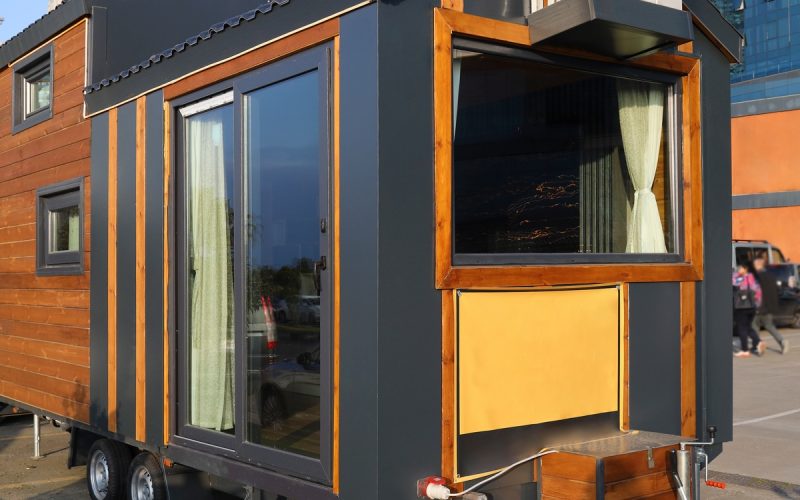Living off-grid has become increasingly popular, thanks to the rise of alternative housing like tiny homes, container homes, and RVs. These unconventional structures appeal to those seeking freedom, sustainability, and a minimalist lifestyle.
But navigating a move for these unique homes isn’t your average relocation. You need to know that relocating off-grid homes requires careful consideration and expertise to ensure a seamless transition.
Why Relocating Off-Grid Homes Is Different
Off-grid properties often call for relocation due to lifestyle shifts, better land options, seasonal changes, or job-related moves. Unlike traditional home moves, the process involves additional complications.
Accessibility and terrain are significant factors, as many of these homes are in remote or uneven areas.
The fragility and customization of these homes also add complexity. Weather and road conditions become critical, as poor planning can lead to structural damage during transportation.
Finding the Right Transport Partner
Choosing a transport company with experience in moving off-grid homes is essential. These companies must use specialized equipment and have a deep understanding of how to handle unique structures like trailers, tiny homes, or even container homes.
The permitting process for relocations, especially those crossing state lines, can be overwhelming. However, an experienced transporter can handle legalities, saving homeowners time and stress.
Preparation Is Key
Begin with a full structural check of your off-grid home. Inspect tie-downs for wear or damage, secure all loose items inside and out, and disconnect any utilities such as power, water, or gas systems.
These steps stabilize the structure and prevent damage during transport.
Next, evaluate the access points at both the pickup and drop-off sites. Narrow driveways, steep inclines, or low-hanging branches can all pose problems for transport vehicles.
Don’t overlook your insurance coverage, either. Confirm what’s included in your policy and consider additional protection if needed.
Taking time to plan these details in advance helps you avoid delays, reduces risk, and provides peace of mind on moving day.
Container Homes Have Unique Challenges
Off-grid container homes come with their own set of challenges during a move. While their structure is solid, many include custom features like solar panels, plumbing, or off-grid power systems that need careful attention.
Navigating these details often starts with understanding the things to know when transporting a container home, especially if you want to avoid damage or delays along the way.
Choosing the Right Partner for Your Off-Grid Move
Relocating off-grid homes requires experience, specialized equipment, and a clear strategy tailored to the unique structure being moved. Anyone planning a move should start by learning what you need to know about relocating off-grid homes, which includes everything from site access to weather considerations.
Professionals who regularly transport tiny homes, trailers, RVs, boats, and even heavy equipment bring the skill and coordination needed for a smooth transition. With access to a vetted network of drivers and reliable coast-to-coast coverage, the right partner can turn a complex move into a manageable one.

